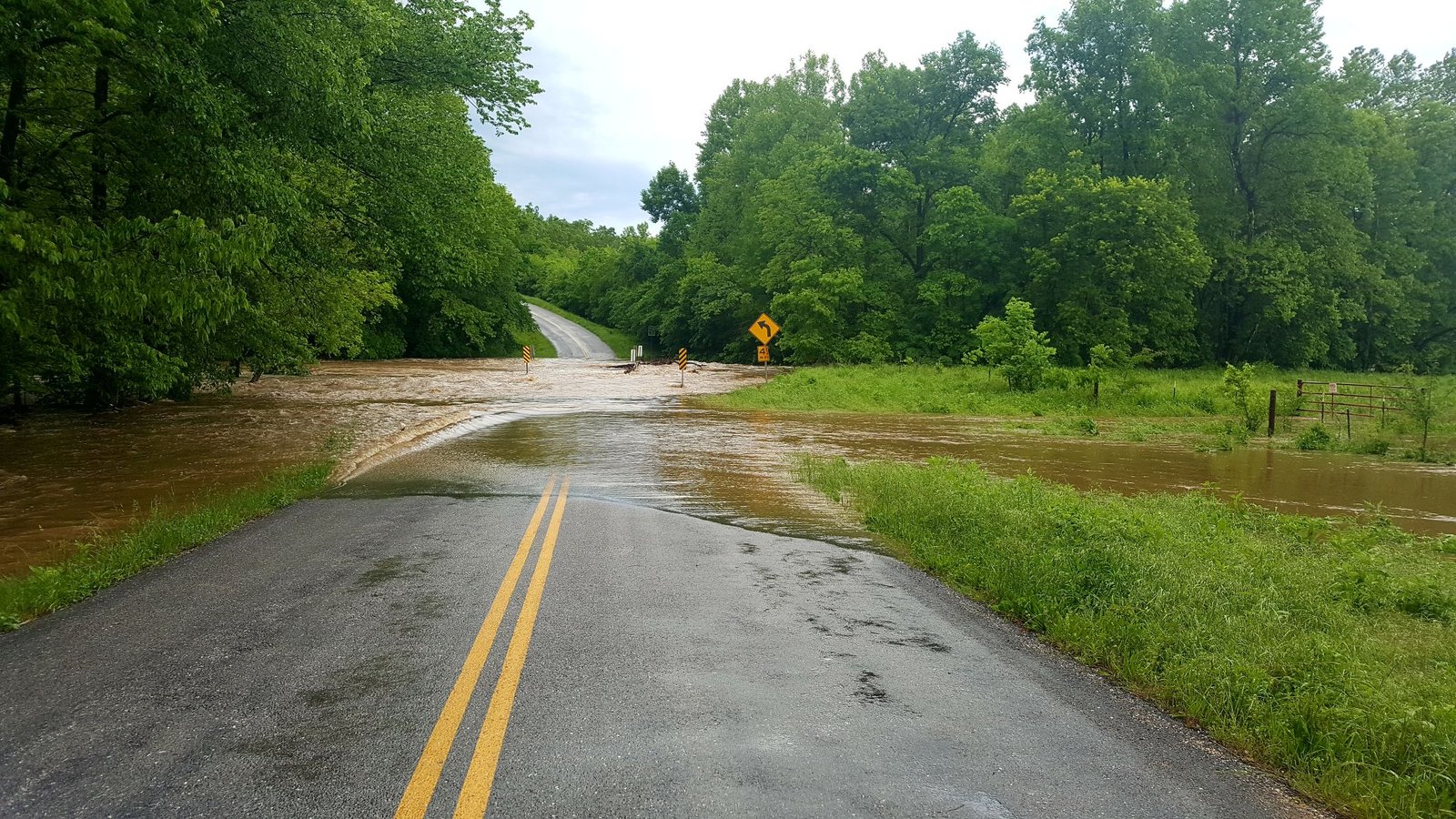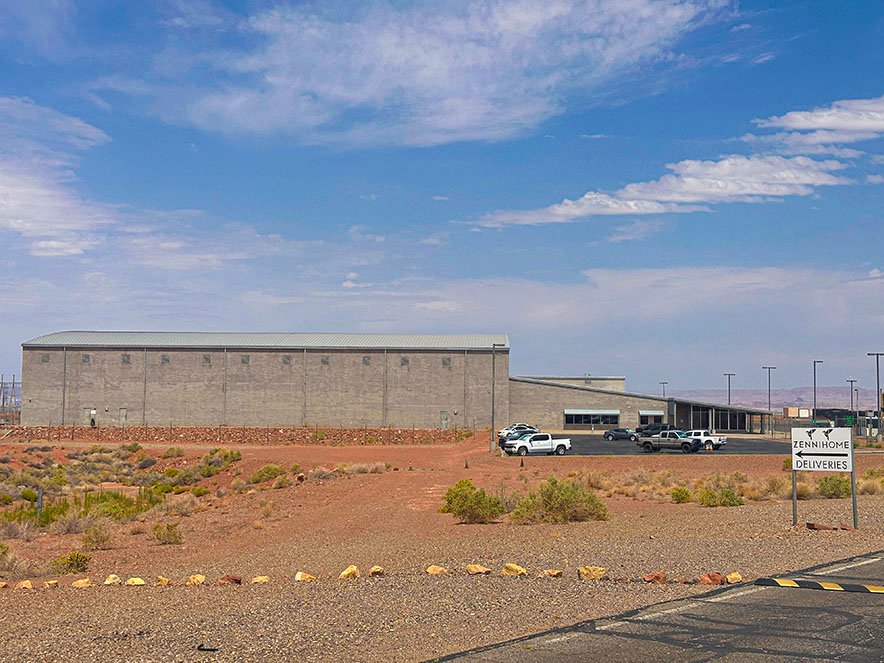Sacramento –
In a move to support struggling oil refineries, California lawmakers approved a last-minute bill on Saturday. This legislation will allow for the construction of 2,000 new oil wells annually in the San Joaquin Valley while also tightening restrictions on drilling along the state’s famous coastline.
Known as Senate Bill 237, this agreement emerged from discussions involving Governor Gavin Newsom, Senate President Pro Tem Mike McGuire, and Assembly Speaker Robert Rivas. The intent behind this bill is to tackle rising concerns related to fuel affordability, especially gas prices, as well as impending closures of two out of thirteen refineries in the state.
Experts say California has enough refining capacity to meet current demands, but closing these facilities could cut the state’s refining capabilities by approximately 20%. This reduction raises fears of fluctuating gas prices.
Democrats portrayed the vote as a tough but necessary step to stabilize the energy market, even while acknowledging the country’s shift toward renewable energy.
McGuire labeled the bill as “the most influential affordable, climate and energy package in our state’s history,” noting that it aims to benefit hardworking Californians while promoting cleaner air and a smoother transition to a sustainable economy.
Representative Lori D. Wilson, a co-author of SB 237, indicated that the closure of Valero’s refinery in Benicia resulted in a significant financial impact, including $1.6 billion in lost wages and reductions in local government budgets. Although she admitted the bill might not directly aid the Benicia refineries, she emphasized that increasing domestic crude oil production can help stabilize the market and create jobs.
According to analysts, California’s crude oil production has dropped about 15% annually, with expectations for future gasoline demand continuing to decline.
The newly approved legislation grants permission for up to 2,000 additional wells each year in Kern County, crucial to California’s oil production.
Changes effective by 2036 will navigate around a decade’s worth of legal challenges posed by environmental groups aiming to limit drilling in counties that produce roughly three-quarters of the state’s crude oil.
Senator Shannon Grove remarked that Kern County is well-equipped to produce energy, contributing to the majority of the state’s oil, wind, and solar resources. She argued this expertise should not be viewed as antagonistic, pointing out the economic benefits of such production paired with affordable energy for Californians.
On the environmental front, stakeholders are resisting provisions that could allow governors to bypass California’s summertime gas fuel standards, a measure intended to lower vehicle emissions but which may raise consumer costs.
Some progressive Democrats opposed the bill, describing it as a “restricted prize for big oil,” with limited effectiveness in stabilizing gas prices and supporting refineries.
Lawmakers have also made offshore drilling more challenging by enhancing safety and regulatory requirements for pipelines.
Additionally, legislators voted to restrict greenhouse gas emissions and extend the Cap-and-Trade program, a major climate initiative that allows large polluters to trade allowances. The program’s extension, now branded as “Cap and Invest,” is set to run until 2045 and is crucial for California’s environmental goals, including achieving carbon neutrality by that same year, all while generating significant revenue for climate-related projects.
The package also includes provisions for AB 825, which aims to facilitate California’s entry into a local electricity market. If approved, this bill could enhance the state’s ability to trade clean energy with other western jurisdictions, potentially improving grid reliability and reducing costs for consumers.
However, some critics express concerns that California’s grid management may fall under the influence of external authorities, including federal oversight.







